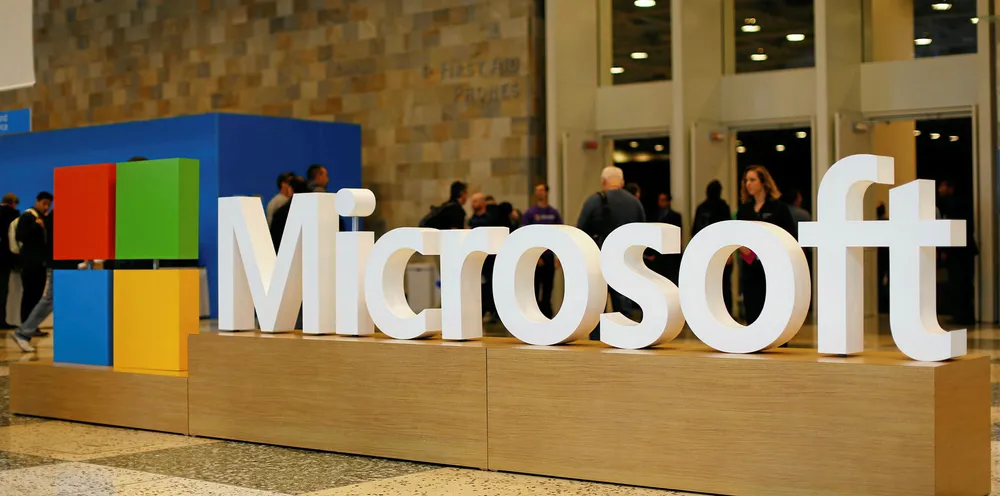Microsoft mulls project stakes as renewables base grows
Software giant could follow likes of Ikea in adding ownership of projects to renewables strategy, says executive

Software giant could follow likes of Ikea in adding ownership of projects to renewables strategy, says executive
